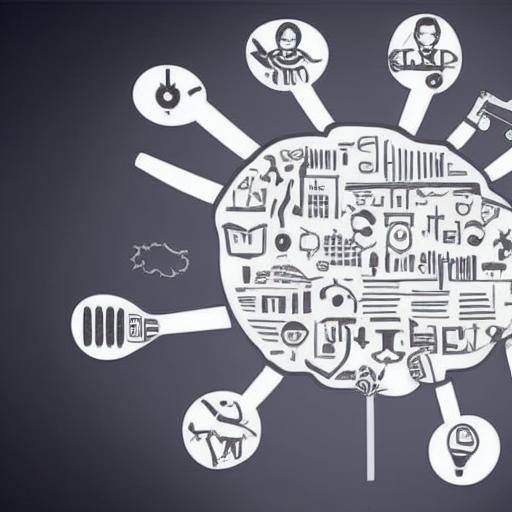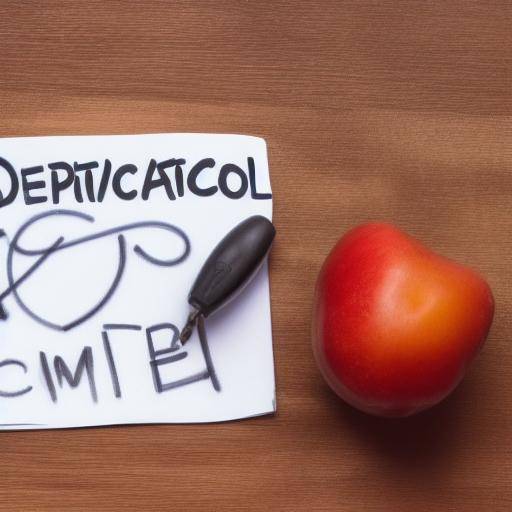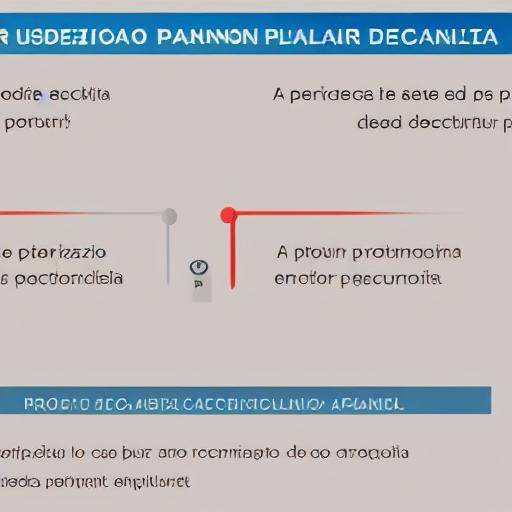
Introduction
Flexibility, proactive attitude and adaptability are key factors in personal and professional development. In today's society, marked by constant changes and challenges, the ability to adapt and respond proactively to circumstances acquires a critical value. In this article, we will explore in depth the importance of flexibility in the development of a proactive attitude, analysing its benefits, challenges, practical applications, future trends and providing practical advice and expert views to foster greater understanding of these key concepts.
History and Background
Flexibility, understood as the ability to adapt to different situations and contexts, has been an attribute valued throughout the history of humanity. From the ancient Eastern philosophies that emphasized the importance of flowing with changes to leadership strategies in war situations, flexibility has proven to be fundamental to success and survival.
Over time, proactive attitude has been recognized as a distinctive feature of those who achieve goals and overcome challenges. From the pioneers of positive psychology to visionary business leaders, proactivity has been considered a determining factor in achieving significant achievements.
For its part, adaptability has gained growing relevance in a world characterized by rapid technological evolution, globalization and uncertainty. Organizations and professionals that can quickly adjust to changes in the environment are in an advantageous position to thrive.
Deep analysis
Flexibility, proactive attitude and adaptability have many benefits. In a working environment, flexibility allows workers to respond effectively to new demands and challenges, which generates a higher level of job satisfaction and higher performance. A proactive attitude, for its part, promotes initiative, problem solving and creativity, skills that are highly valued today. Adaptability, for its part, facilitates the smooth transition to new technologies and processes, which is essential in a world characterized by rapid changes.
However, there are also challenges associated with these qualities. Excessive flexibility can lead to a lack of focus, while a proactive, misdirected attitude can lead to too many responsibilities. Adaptability, for its part, can generate stress when change demands are constant. It is essential to balance these features to maximize their benefits.
Comprehensive review
Practical applications of flexibility, proactive attitude and adaptability are abundant in various contexts. In the workplace, these qualities can foster a streamlined business culture, facilitate the resolution of complex problems and improve innovation capacity. At the personal level, flexibility and adaptability contribute to greater resilience and emotional well-being, while proactive attitude drives the achievement of goals and personal growth.
In a world marked by digital transformation and constant disruption, the development of these qualities is a determining factor for long-term success.
Comparative analysis
While flexibility, proactive attitude and adaptability are different concepts, they share a fundamental interconnection. Flexibility provides space for the implementation of proactive attitude and adaptability, allowing individuals and organizations to respond effectively to challenges and take advantage of opportunities.
Adaptability, for its part, can be seen as a specific manifestation of flexibility in changing environments, while the proactive attitude represents the impulse to actively take advantage of the possibilities that arise from flexibility and adaptability.
Practical Tips and Accessible Tips
To develop a proactive attitude through flexibility and adaptability, it is essential to foster self-management, problem solving and the ability to learn from challenges. This can be achieved through the practice of time management, strategic planning and the development of effective communication skills. Likewise, the establishment of clear and attainable goals can provide a sound direction for the development of these qualities. Here are some practical recommendations:
- Develop a proactive approach: Identify and proactively address the opportunities and challenges that arise in personal and professional life.
- Cultivate resilience: Understand that adaptability is essential to overcome obstacles and challenges, and learn to see change as an opportunity to grow and evolve.
- Promoting flexibility: Be willing to adjust plans and approaches based on changing circumstances, keeping an open and responsive mindset.
Industry Perspectives and Expert Reviews
Experts on leadership, change management, organizational psychology and personal development offer an enriching look at the intersection between flexibility, proactive attitude and adaptability. Their insights reveal how these qualities are fundamental in corporate environments, work teams and in everyday life.
According to John Maxwell, recognized author and leadership expert, "The attitude is the difference between an obstacle and an opportunity." This assertion highlights the importance of a proactive mentality to turn challenges into drivers of growth and development.
Case Studies and Real Life Applications
The success and effectiveness of flexibility, proactive attitude and adaptability are manifested in different contexts and situations. Through case studies, concrete examples can be seen of how these qualities have influenced problem solving, innovation and achieving goals.
An emblematic example is that of companies that have successfully adapted to digital transformation, adopting new technologies, business models and management practices. These organizations have shown how flexibility and adaptability are essential to survive and thrive in a constantly evolving business environment.
Future Trends and Predictions
As the world faces unprecedented challenges, the importance of flexibility, proactive attitude and adaptability becomes increasingly evident. Future trends indicate that organizations and individuals possessing these qualities will have a significant competitive advantage.
The demand for soft skills, including the ability to adapt and act proactively, is likely to continue to increase. Those who can develop these qualities will be better prepared to take advantage of emerging opportunities and face the challenges ahead.
Conclusion
In conclusion, flexibility, proactive attitude and adaptability are fundamental attributes in a world characterized by uncertainty and constant change. By cultivating these qualities, both individually and organizationally, resilience, innovation and continuous progress can be promoted.
FAQs
1. How can I develop a more flexible attitude?
Developing a more flexible attitude requires the practice of adaptability in everyday situations, being open to new ideas and ways of doing things, and learning to manage change calmly and confidently.
2. What is the difference between being proactive and reactive?
Being proactive involves anticipating problems and taking measures to avoid them, while being reactive implies responding to problems once they have already occurred.
3. Why is adaptability important in the workplace?
Adaptability in the workplace is critical to responding to changes in the business environment, adopting new technologies and processes, and maintaining relevance and competitiveness.
4. What practical strategies can I use to be more proactive in my life?
You can start by setting clear goals, identifying opportunities for improvement, taking the lead in solving problems and continually improving your skills and knowledge.
5. How can I improve my ability to adapt to new situations?
To improve your ability to adapt, you can practice problem solving, keep an open mindset, look for new experiences and learn to manage stress associated with change.
6. What benefits can I get when developing a proactive attitude?
By developing a proactive attitude, you can experience a greater sense of control over your life, be more effective in achieving goals, develop greater resilience and contribute more significantly to your working and personal environment.
Conclusion
In short, flexibility, proactive attitude and adaptability are essential qualities that offer significant benefits in the personal and professional environment. In understanding their importance, fostering their development and implementing them strategically, it is possible to cultivate a more effective and satisfactory approach to the challenges and opportunities presented in everyday life. These qualities, together, can constitute a key differential factor in a world characterized by the speed of change and uncertainty, enhancing growth, innovation and resilience.






















































